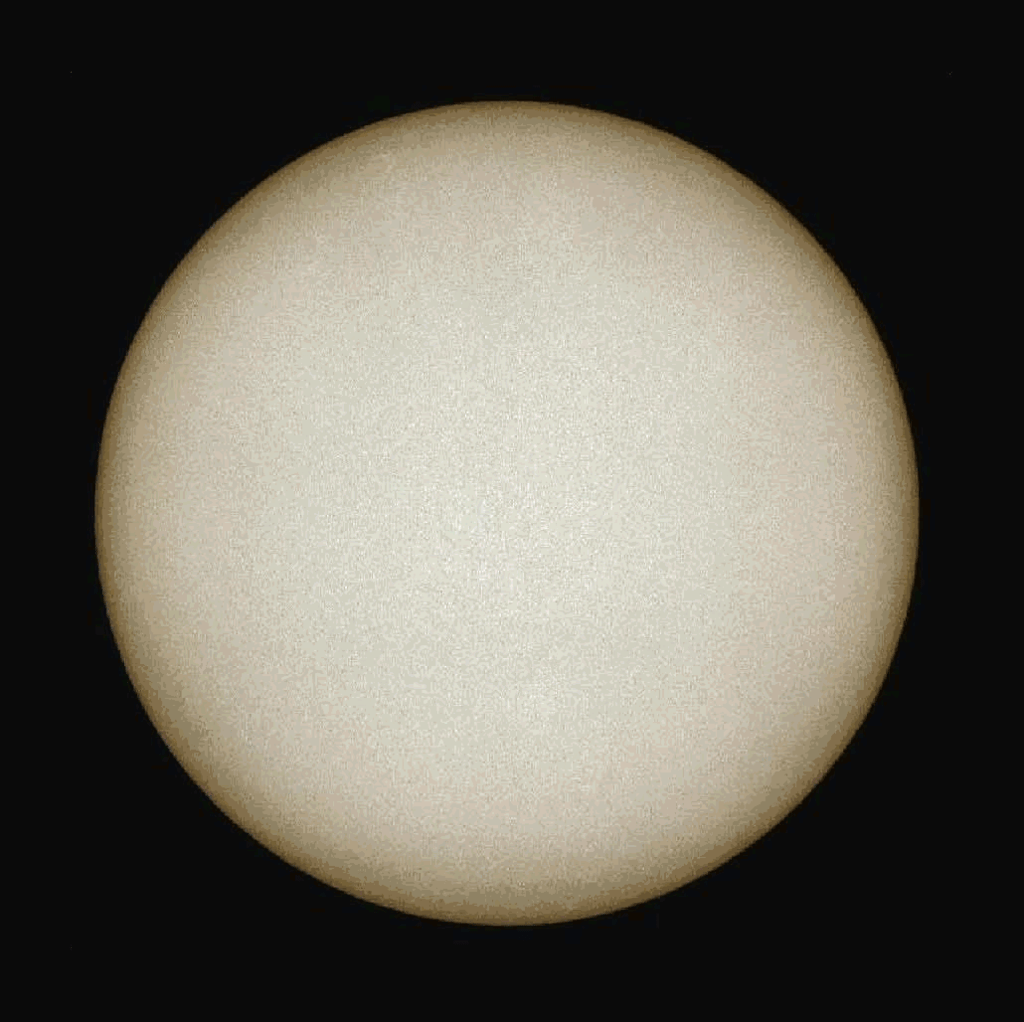Thank you, Arjun Sambhi, for such a head-scratcher.
Ah, a very old question, in fact one of the oldest in the discipline of philosophy; and like all old questions, it is still with us, and rightly so. I will lay my cards on the table: I am a pretty committed disciple of Parmenides – the pre-Socratic philosopher, sage and shaman – so my answer is necessarily of that persuasion. Also, I apologise in advance for the amount of words in inverted commas. It looks incredibly pretentious, and is certainly irritating, but it does genuinely help make sense of what must be said by reducing the confusion of concepts. So, here we go…
The immediate Parmenidean answer to your question is that no, ‘nothing’ is not ‘something’, because ‘nothingness’ is impossible. There is and can only be ‘is-ness’, or ‘Being’. If there is ‘Being’, which there obviously is, then how could ‘Being’ have never been?! You cannot get ‘Being’ from a genuine ‘Nothing’. Please note that this avoids the usual slight-of-hand that contemporary physicists pull when they say that something can come from nothing because they have detected particles popping into existence from ‘nothing’, a phenomenon they call ‘Quantum Foam’. From the Parmenidean perspective, Quantum Foam still falls under the category of ‘is-ness’. This ‘is-ness’, this ‘Being’, can therefore have no beginning, nor can it have an end. Reality is eternal, unchanging and complete unto itself. But, confusingly, this ‘is-ness’, ‘Reality’ itself, is not ‘something’, which is to say that ‘Being’ exceeds the distinctions necessary for something to be conceived of as a ‘thing’. In other words, ‘thingness’ is itself a consequence of making distinctions within ‘Being’, which is itself not reducible to limitations. There is ultimately only one thing, and, paradoxically, it is neither ‘one’ nor a ‘thing’, for ‘one’ and ‘thing’ imply a concept of ‘limit’, which this Parmenidean sense of ‘Being’ already exceeds. Properly understood, it is a ‘No-Thing’, not a ‘nothing’, or as the late-great Arthur Cohen would have said, a “void that is not vacuous”. This ‘No-Thing’ is what makes ‘thingness’ possible in the first place. It is that which gives itself over to separation so that ‘things’ can be.
Now you might at this point want to say that this sounds like some kind of mysticism rather than a dialogue of reason, and you would be right. The point is that ‘reason’, when stretched to its breaking point, realizes both its own limitations and its own origin in a mystery that exceeds logical cognition. The mechanics of reason, the very workings of logic, require difference, plurality, separateness in order to do the work of relating concepts. But if these conceptual differences are dependent on a sense of ‘Being’ that dissolves those very differences, then ‘Reason’ is itself revealed as a golden thread, spun from the void and leading back to the void. As the song goes, reason resigns “with unexpected grace”. Follow the thread home and you will live the words of T.S. Elliot when he wrote, “We shall not cease from exploration, And the end of all our exploring Will be to arrive where we started And know the place for the first time.”
What do you think? Is nothing, something? Let us know in the comments.
And, as always, if you have a question for the Armchair Philosophers, don’t hesitate to get in touch. You could send us a message or fill in this form.
Image: Being according to Parmenides is like a sphere (credit)
I studied at the University of Lancaster (1999-2003) where I gained a BA Hons in Religious Studies & Philosophy, and a MA in Religious Studies. I gained my PhD in Religions & Theology at the University of Manchester (2004-2010) and the thesis was published by Gorgias Press as Antitheodicy, Atheodicy and Jewish Mysticism in Holocaust Theology (2012). I lectured for four years at the University of Manchester in the Department of Religions & Theology (2013-17) where I taught the History of Western Philosophy among other courses. I particularly revere the thought of Parmenides, Descartes, Spinoza, Kant, and Peter Kingsley.

